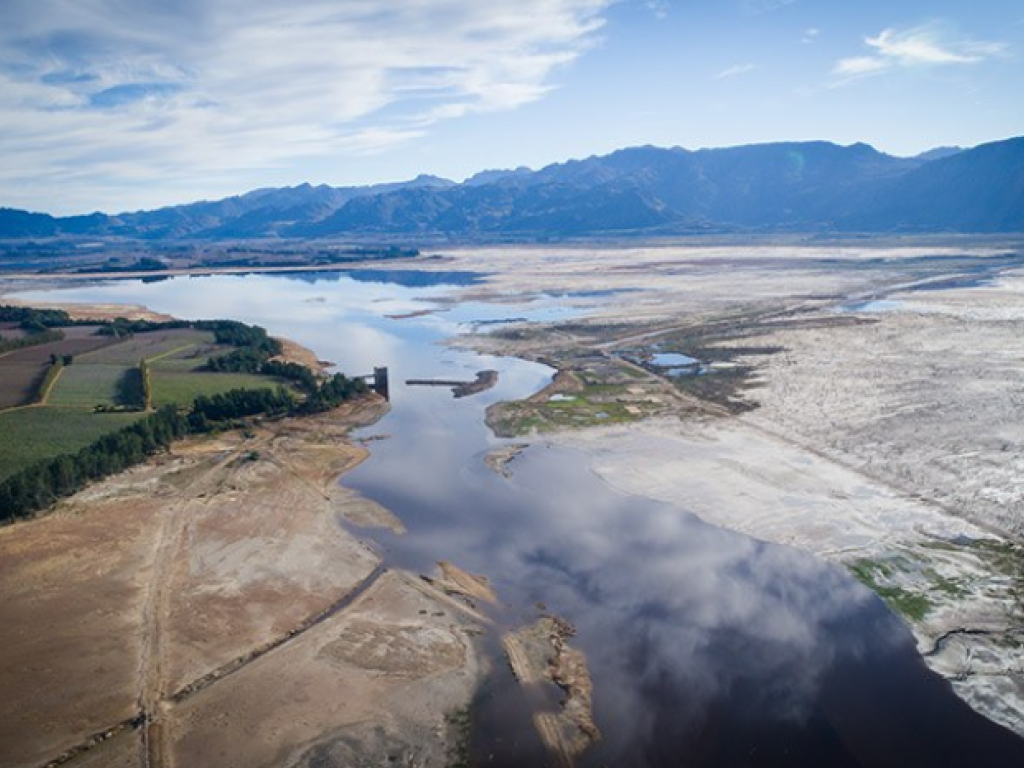African landscapes facing climate change: using an integrated approach to mitigate impacts

The Worldwide Universities Network (WUN) is a leading global higher education and research network made up of 23 universities, spanning 13 countries on six continents. Through its Research Development Fund WUN provides support to establish collaborative research that falls within four globally significant themes, including Responding to Climate Change. The University of Cape Town, through the ACDI, is a partner university with researchers working on Climate Resilient African Landscapes. Other universities working on this theme include the University of Alberta, University of Cape Town, University of Ghana, University of Leeds and University of Nairobi.
Co-production and capacity building have become key approaches for the research group on Climate Resilient African Landscapes. Their research works at a landscape level to generate complex insights into the multiple and at times competing uses and meanings of land and place. As Professor Sheona Shackleton explains, it explores how “people’s stories, their connection to the landscape, the history of that and their place attachment” can shape climate change mitigation and adaptation. In this story we share the foundations and approaches that Shackleton and colleagues have established to date.
Research from the WUN Interdisciplinary Research Group on Climate Resilient African Landscapes shows that adopting a landscape lens when considering sustainability can help to connect global forces to local experiences. In the words of principal investigator Professor Sheona Shackleton, “by working in particular landscapes you start to build a detailed and integrated knowledge base, helping to have a positive impact on lives and livelihoods as well as the agro-ecological systems in those landscapes.” Longitudinal studies using mixed methods can identify shifts and cycles in land use, countering assumptions of uni-directional change (Shackleton and Hebinck 2018).
Research oriented around particular landscapes (e.g. Masunungure and Shackleton 2018), Shackleton explains, allows us to “explore the linkages between different social and ecological components of that system. People shape landscapes but landscapes also influence how people live, so this addresses physical and metaphoric aspects, people’s sense of place and connection to the place that they live in.”
An important insight from the group’s RDF-funded activities was the vital role of practitioner partnerships, such as the Cape Winelands Biosphere Reserve and not-for-profit conservation organisation Living Lands. Further multi-stakeholder workshops will be held thanks to an ARUA-UKRI (UK Research and Innovation) Partnership and Capacity Building Grant.
They are also investing in researchers of the future, in keeping with Shackleton’s role as co-lead of capacity-building for the Centre of Excellence. An active graduate research community helps refine methodologies and advance knowledge, she notes. Internships allowed two students (see here and here for more) to develop skills and experience, and their work as well as that from other early career researchers informs an article in a special issue on practices of landscape governance in Africa that researchers from the group are editing.
The group’s work so far has thus been geared towards co-production. Shackleton emphasised the importance of practitioner and Indigenous knowledges among the diverse perspectives required to promote sustainability. She intends their research to “expand understandings of what transdisciplinary research might look like in a landscape environment, acknowledging that when you use these types of integrated approaches you can’t do the research without engagement as the first step.”